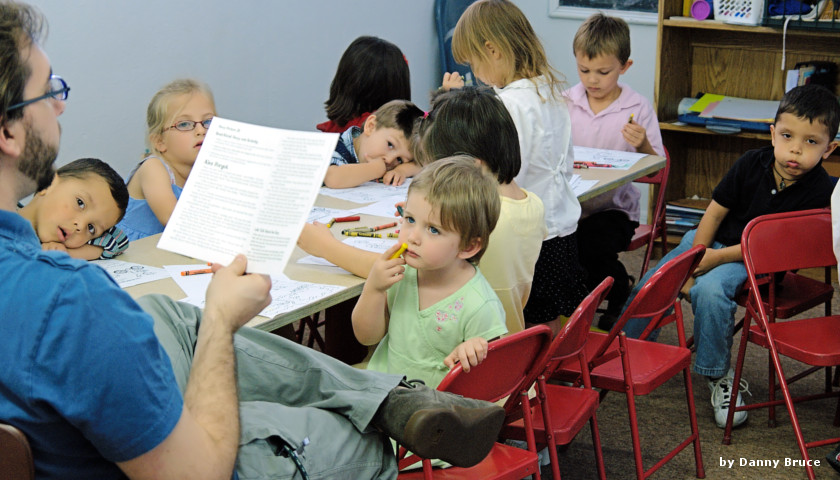In 2016, Tennessee made a major breakthrough in helping dyslexic students in our state. State Senator Dolores Gresham and State Representative Joe Pitts led the effort to require school districts to screen students in kindergarten through second grade for dyslexia with a program provided by the Department of Education. Students who present symptoms of dyslexia clearly benefited from the passage of the original legislation, however, we need to strengthen the law. In 2019, we need to revisit and refine legislation to ensure districts are in compliance in helping dyslexic children and teachers have access to training.
State Representative Bob Freeman of Nashville, a strong advocate on this issue, has filed House Bill 253. It is worth noting that the 2016 Legislation, which we called the “Say Dyslexia” Bill, passed both houses of the Tennessee General Assembly unanimously, with broad bipartisan support. Data shows that one in five students or more than 200,000 in the state have characteristics of dyslexia. This legislation will further help children to receive the proper intervention.
Middle Tennessee State University (MTSU) is highly regarded across the nation for its efforts and research on helping dyslexic children. One of the key items missing across the state has been identifying teachers who are trained in dyslexia intervention. Many students are still not getting the assistance they need to address the issue. Professional Educators of Tennessee offers its members access to professional development on the subject through their online portal. The organization leaders believe the statistics are overwhelming regarding the consequences of not dealing with dyslexia.
Research indicates that dyslexia has no relationship to intelligence. Many people with dyslexia have gone on to accomplish great things. Among the many dyslexia success stories are Thomas Edison, Stephen Spielberg, F. Scott Fitzgerald, and Charles Schwab. Keira Knightley, Salma Hayak, Joss Stone are successful women diagnosed with dyslexia. Dyslexia affects you regardless of race, gender, or political affiliation.
The International Dyslexia Association points out, “Research demonstrates that additional direct instruction provided appropriately, beginning in kindergarten through third grade, can help all but the most severely impaired students catch up to grade-level literacy skills and close the gap for most poor readers. Assessment is the first step in identifying these students early to make sure they receive the effective instruction they need to succeed.” Louisa C. Moats, Ed.D., and Karen E. Dakin, M.Ed add: “Dyslexia can make it very difficult for a student to succeed academically in the typical instructional environment, and in its more severe forms, will qualify a student for special education, special accommodations, or extra support services.”
Tennessee is recognized nationally for its willingness to change education strategies to reach all of our students, and make high-quality education available to all. It is time to help our dyslexic children realize the dream of All Means All, and our commitment is truly for all children. We will be supporting additional legislation to help our dyslexic students in the state. For more information on dyslexia visit the Yale Center for Dyslexia & Creativity website at http://dyslexia.yale.edu/.
– – –
JC Bowman is the Executive Director of Professional Educators of Tennessee, a non-partisan teacher association headquartered in Nashville, Tennessee. Permission to reprint in whole or in part is hereby granted, provided that the author and the association are properly cited. For more information on this subject or any education issue please contact Professional Educators of Tennessee. To schedule an interview please contact Audrey Shores at 1-800-471-4867 ext.102.





